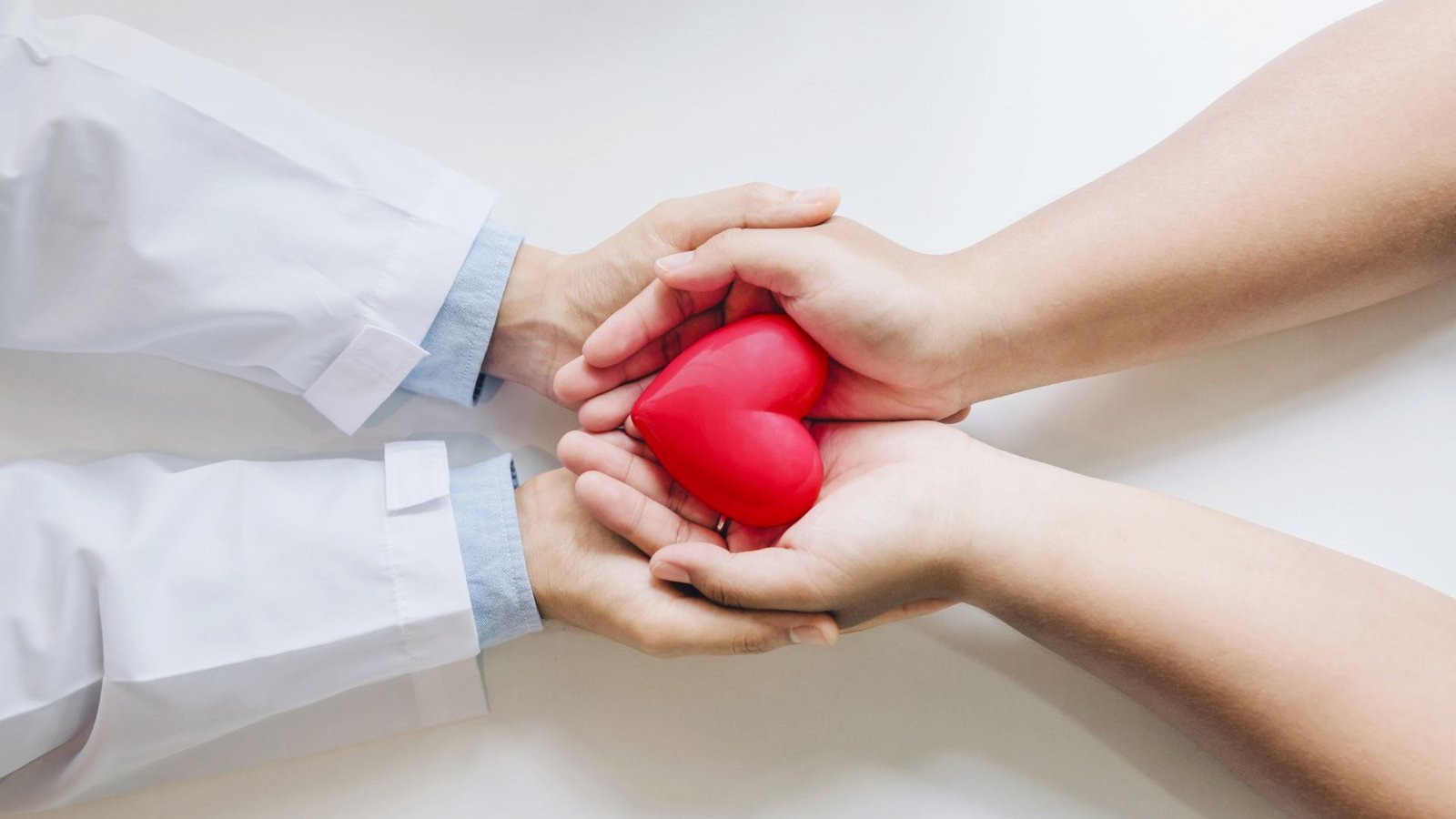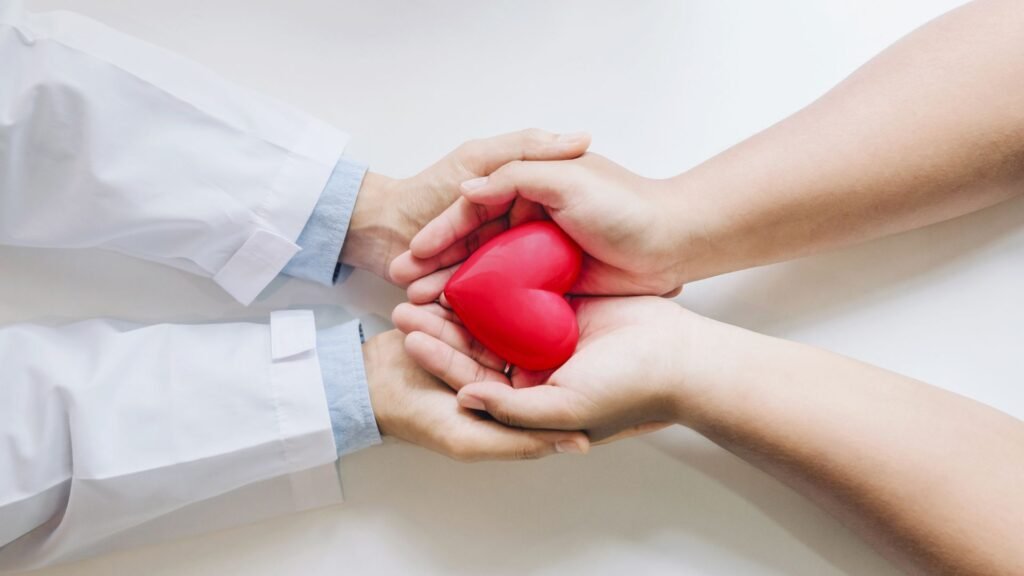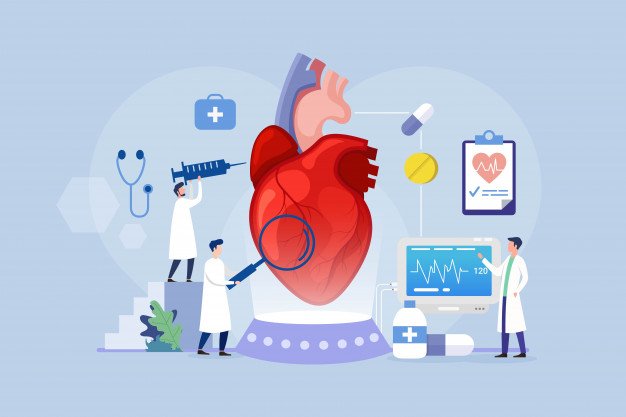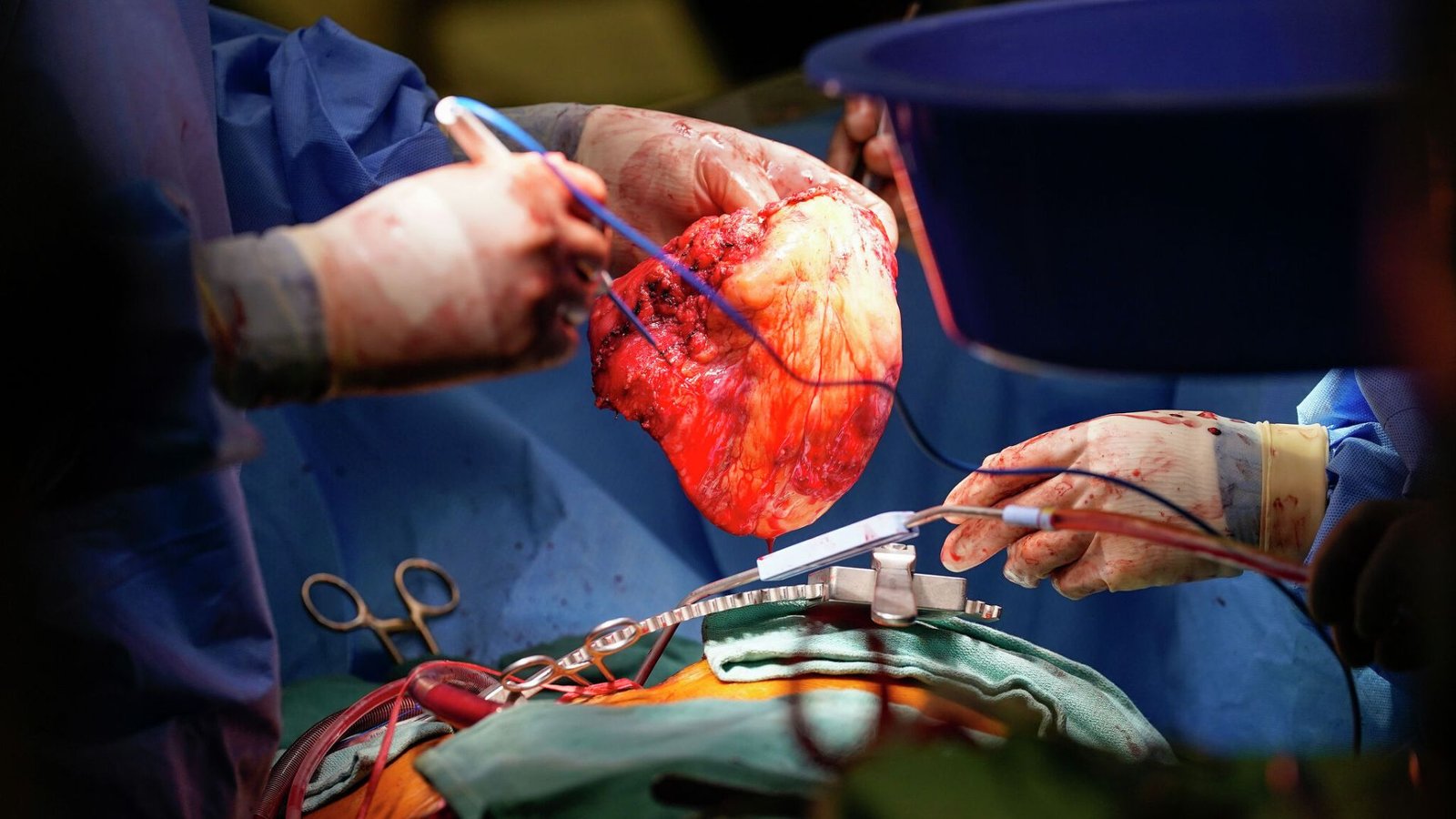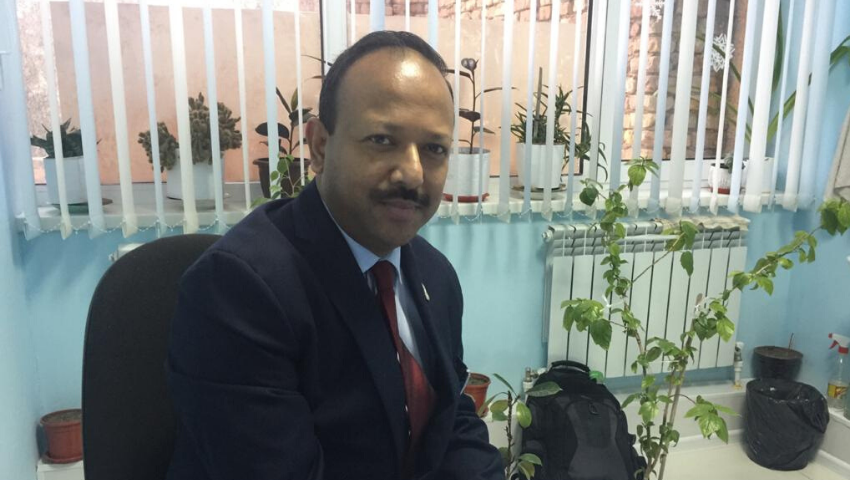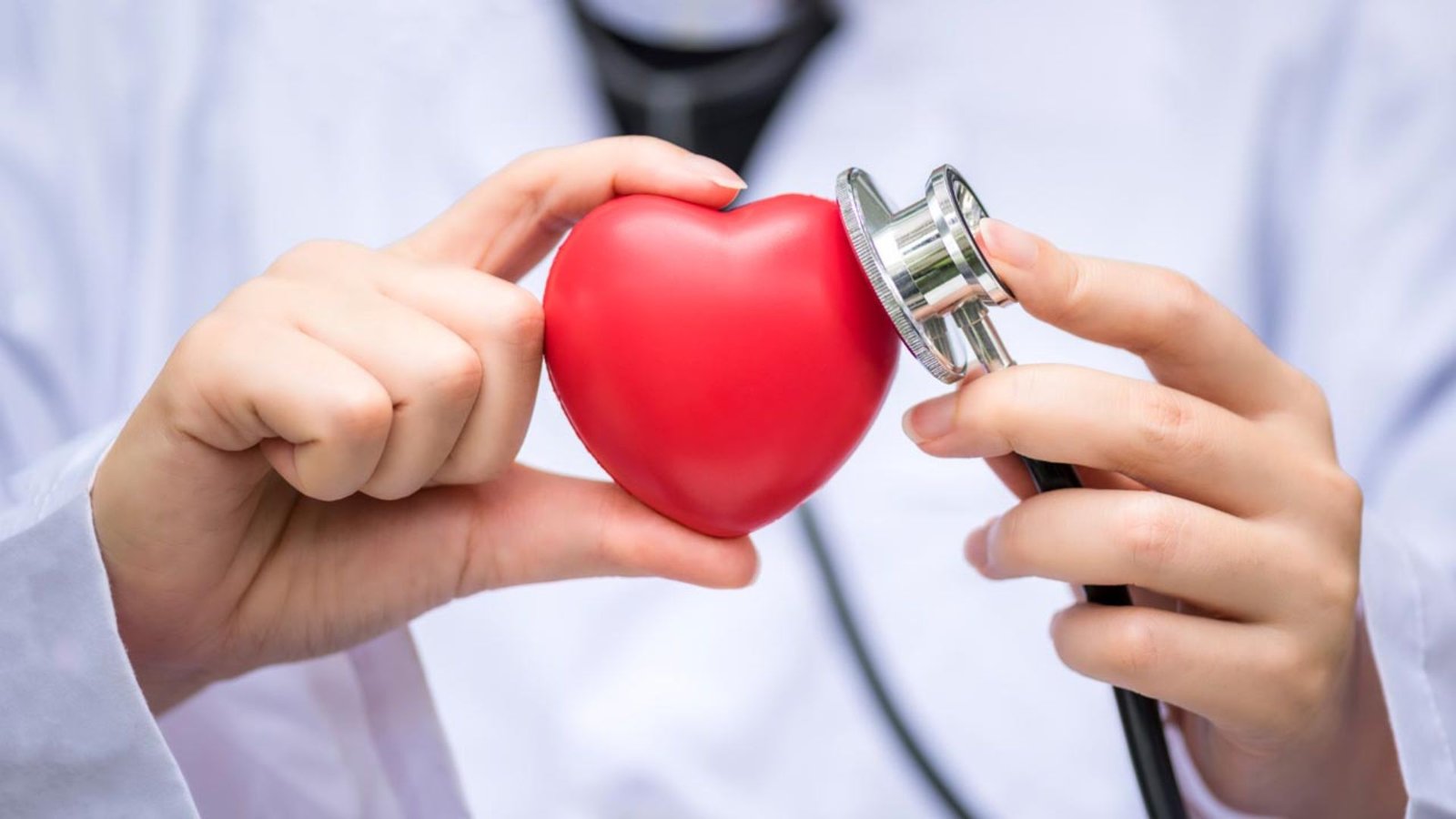
5 signs that you need to go see a cardiologist:
You’ve heard it before: exercise, eat better, breathe deeply. These pieces of advice are meant to help you enjoy a long and healthy life. But in your busy life, it can be difficult to know when you need professional medical help, or if these changes in usual habits indicate a larger problem.
Here are some warning signs that you should consult with your doctor about, and an article about heart health, written by our cardiologists.
You feel faint after climbing a flight of stairs
You may feel dizzy and weak, or experience a sudden loss of consciousness. It’s called syncope, or fainting. Fainting is common in young people and usually not serious. But it can be a sign that you’re at risk for more serious health problems.
Fainting happens when your brain doesn’t get enough blood flow to function normally. Your heart slows down, which can cause lightheadedness and weakness in the knees and arms — sometimes even a feeling like your upper body is falling forward. If you suddenly lose consciousness, you won’t be aware of what’s happening around you.
Usually, people regain consciousness within seconds or minutes after fainting (but they may have a headache afterward). If this happens to you, it’s unlikely that anything serious is wrong with your heart or brain.
The main reason people faint is because they’re dehydrated (which means they don’t have enough water in their bodies). Other causes include:
Your chest feels tight
If you have a heart condition, your chest may feel tight. For example, if you have angina or have had a heart attack in the past, your chest will feel tight when you are doing activities that make your heart work harder. Some people get this feeling even when they are at rest. When this happens, it’s called angina pectoris.
You may also notice that your shoulders and neck feel tight or uncomfortable when you are sitting or lying down and not doing anything. This is another sign of angina pectoris.
You may have other symptoms with chest pain, such as sweating, nausea and vomiting, dizziness or lightheadedness, shortness of breath and anxiety. Chest pain can happen at any time — even when you’re sleeping.
Your resting heart rate is unusual
Your resting heart rate is unusual. It doesn’t sound like you have a heart problem, but it’s worth getting checked out by a cardiologist to be sure.
A doctor should check your heart and make sure everything is okay after an episode like this. It’s also worth considering seeing a cardiologist, who can run some tests that could help determine if you have any underlying heart issues.
This can include an electrocardiogram (ECG) to check for abnormal electrical activity in the heart, as well as a stress test to see how your heart responds to exercise. If you are at risk of having coronary artery disease or other conditions that cause chest pain, then a CT scan or MRI may also be recommended
You experience shortness of breath after mild activity
If you are experiencing shortness of breath after mild activity, like walking up stairs or running for a bus, it could be a sign that you need to go see a cardiologist.
Shortness of breath is one of the most common complaints that people have when they go to see their doctor. It can be caused by many things — from heart disease to asthma and chronic obstructive pulmonary disease (COPD). Shortness of breath can also be a side effect of some medications.
Shortness of breath is a symptom, not a disease. A person with shortness of breath may feel like they can’t get enough air in their lungs even though they’re breathing hard. Symptoms usually improve with rest, but may get worse with activity.
You feel lightheaded or dizzy
If you’re feeling lightheaded or dizzy, it’s possible that you’re suffering from a heart condition. These symptoms indicate that your heart is not getting enough blood, which can be caused by any number of things, including anemia, arrhythmia, high blood pressure and heart failure.
If you find yourself feeling lightheaded or dizzy often, especially at rest or when you’re lying down, it’s important to call your doctor immediately. Your doctor will ask about your medical history and do a physical exam to determine what’s causing the problem. He or she may also recommend an electrocardiogram (ECG) test to monitor your heart rhythm and confirm that you don’t have an arrhythmia.
If you’re experiencing any of these warning signs, it might be time to schedule an appointment with your cardiologist. Don’t procrastinate—heart health is one of the most important aspects of overall health, and taking care of yourself now will only benefit you in the future.




